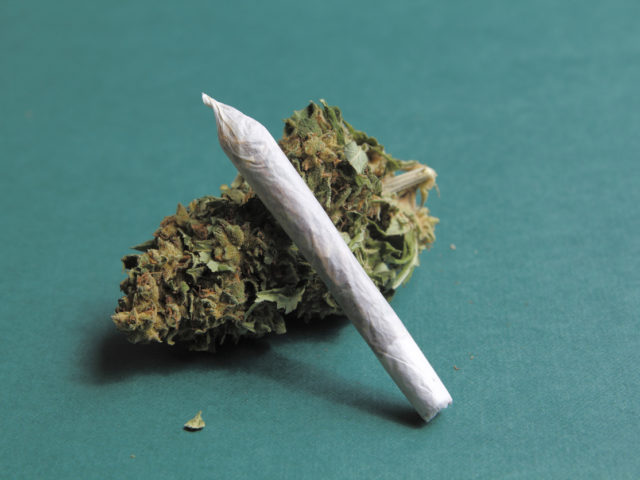How Long Does Weed Stay In Your Body?
How long does weed stay in your body? Our company located at Cathedral City, CA. There is a possibility of detecting cannabis-related substances in blood and urine in the days following having consumed it. In general, most of the THC as well as other cannabinoids will be eliminated from the body in 3-4 hours. Some residual THC levels can persist for several days, or even weeks after the usage.
How Long Does Marijuana (Weed) Stay In Your System?
As marijuana becomes more legalized, people are wondering how long it stays in their system. Many believe that the THC, or delta-9-tetrahydrocannabinol, will be cleared from the body within a few days. However, metabolites can continue to linger for weeks or even months. This is due to the fact that marijuana is fat soluble and accumulates in the fatty tissues in the body. Marijuana can also be eliminated through urine and saliva tests. However, because of the presence of metabolites, a positive test may not actually mean that you’ve recently used marijuana.
Best Ways How To Get Weed Out Of The System
A lot of people are confused about how to get weed out of their system, and the answer will differ for every person. Smokers will notice a speedy disappearance of weed. However, for others, it could require several days or weeks to completely eliminate the marijuana. There are several methods which can accelerate the process:
- Try Nixing The Cigarettes
- Smokers who try quitting smoking for the first time may experience the difference in their ability to eliminate smoke from their body. Quitting smoking cold turkey can be a good alternative. Also, you can cut back on tobacco products high in nicotine (such as cigarettes).
- Water purification
- Bowel movements. Your body will flush out the weed from your bladder when you cease using it for a time. If you’ve been frequent marijuana users for a while and would like to speed up the process of elimination drinking plenty of water prior to going without will aid in removing the weed from your system faster. Hot baths can aid in cleansing your organs as well as flush out out any remaining substances.
- ) Eating
How It Looks, Tastes And Smells?
The texture of a fruit is what determines the ripeness of it. The more ripe the fruit and the more soft it will be. The texture of the fruit is usually smooth for fruits that are soft and juicy. Fruits that are harder will be rough in texture. The smell and flavor of the fruits may also differ. Oranges have orange-colored juice, that has a delicious juice. Some other fruits, such as strawberries, have a more pronounced aroma and usually possess a sweet smell.
Marijuana Detection Times
Recent reports claim that marijuana can be detected in the body of a person for as long as two days following the use. The rule of thumb is that using marijuana will cause a higher percentage of positive drug test results. This is why users must be aware of the detection times and take appropriate precautions if they plan on using marijuana at work or in other activities that are legal.
Here’s How Long Cannabis Can Be Detected In Your Body
Many states have legalized marijuana usage, and others will soon follow. Thus, it is important that people are aware that cannabis can remain in the system for several weeks or even months after last use. The following is a quick overview on how long cannabis can be found in blood, urine samples, and saliva. Urine THC detection in urine typically can vary from 2 to 5 days, however, spiked levels have been observed up to 10 days later. The quantity of THC that is detected in a urine sample generally depends on the amount marijuana consumed or smoked. For instance, someone who smokes just one joint per day may have a THC level of 0.05 nanograms/milliliter (ng/mL) in comparison to anyone who smokes 3 joints per day may be able to detect a THC level of 3 ng/mL. Like all substances there are always differences between one person and the next. Blood The level of cannabinoids present in blood generally peak around 2 hours after smoking or drinking, and then decreases slowly over the next 6-12 hours. The levels of blood cannabinoid are highly individualistic, just as urine.



